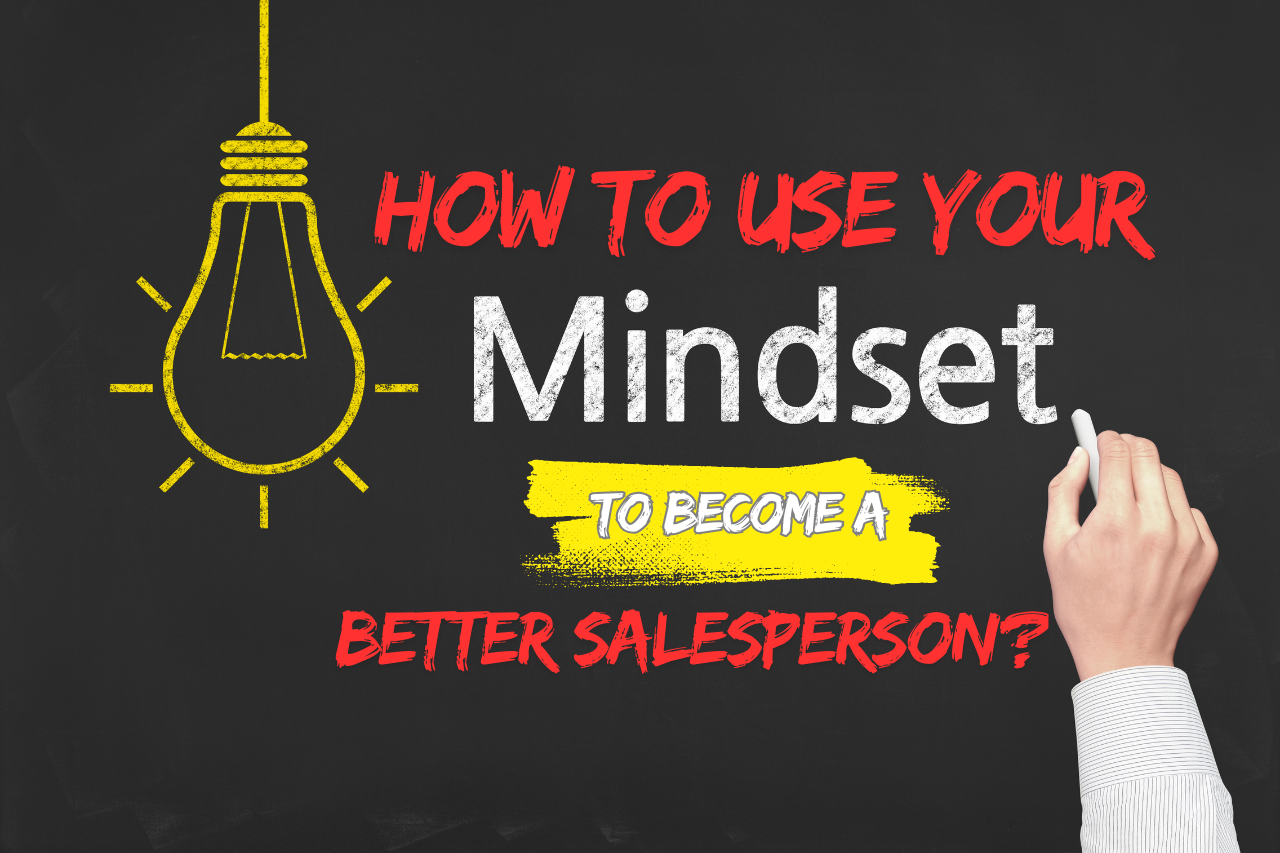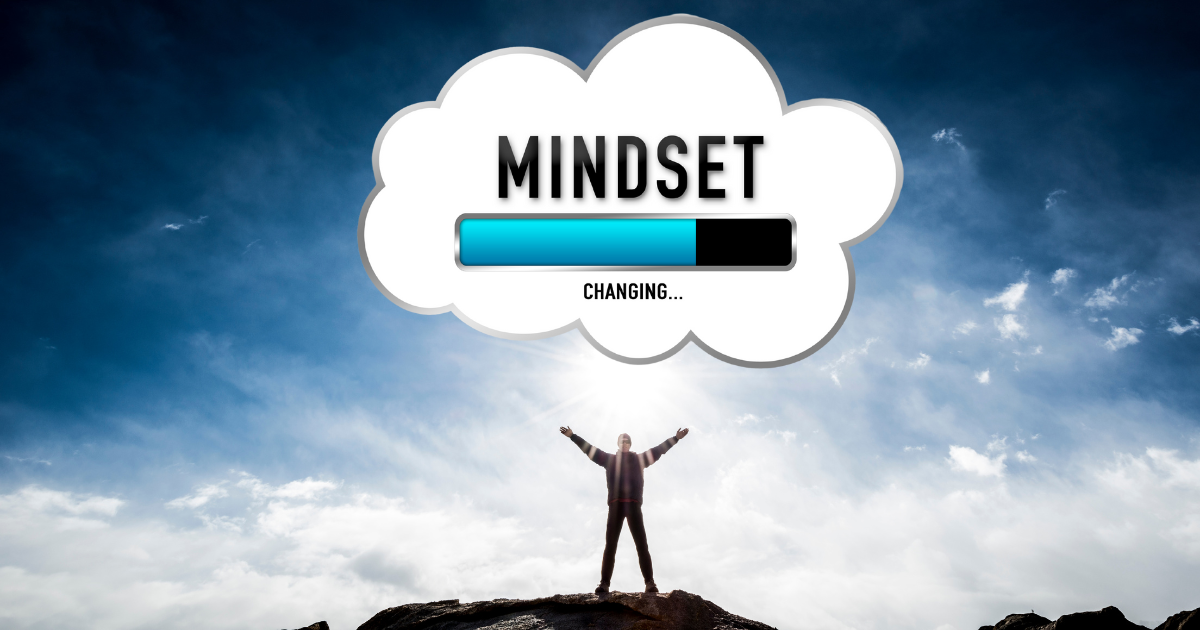Do you ever feel like you’re doing everything right in sales, but something is still missing? What if I told you the secret to unlocking your sales potential isn’t just in your skills, but in your mindset?
The way you think, approach challenges and perceive your interactions can be the difference between closing a deal and losing one.
In this article, we’ll dive into how your mindset shapes your success in sales, using “The Cologne Man” as an example of how the right mental approach can lead to skyrocketing success.
By understanding the power of mindset, you can become a more confident, resilient, and effective salesperson.
Why Mindset is Key in Sales
Sales isn’t just about pitching a product or service. It’s about handling rejection, building relationships, and staying motivated in the face of adversity. And that’s where mindset comes in. A winning mindset allows you to see challenges as opportunities, maintain a positive attitude, and believe in your ability to succeed.
Sales Skills vs. Sales Mindset
It’s easy to think that sales success only comes from having strong techniques and strategies. While these are certainly important, your mindset often plays a bigger role. Why? Because even with the best tools in the world, if you don’t have the right mindset, you won’t be able to use those tools effectively.
Your mental approach can either propel you forward or hold you back.
Overview of “The Cologne Man” Example
Take “The Cologne Man,” for example—a successful salesperson whose secret weapon wasn’t just product knowledge or slick sales tactics, but his mindset. He believed in his product, saw every interaction as a chance to learn, and never let rejection stop him.
Let’s explore how his approach can help you shift your mindset to become a better salesperson.
Understanding the Sales Mindset
What is a Sales Mindset?
A sales mindset refers to the attitudes, beliefs, and mental approaches that influence how you approach selling. It’s your internal compass that guides how you handle setbacks, interact with customers, and stay motivated.
In short, it’s how you think about sales that affect your success more than what you know about sales.
How Your Mental Approach Affects Sales Performance
Your mindset directly impacts your sales performance. If you believe in your ability to succeed, you’re more likely to approach potential customers with confidence. On the other hand, if you’re plagued by self-doubt or fear of rejection, it will show in your interactions and lead to missed opportunities.
Mindset Pitfalls That Limit Sales Success
Even the most skilled salesperson can fall into mindset traps that limit their success. Let’s look at some common mental barriers that can hold you back:
- Fear of Rejection: Afraid to ask for the sale? That fear might prevent you from even trying.
- Self-Doubt: If you don’t believe in yourself, why should your customers believe in you?
- Negative Self-Talk: Constantly telling yourself “I can’t do this” or “I’m not good enough” will become a self-fulfilling prophecy.
The Cologne Man: A Case Study in Sales Mindset
Who is “The Cologne Man”?
“The Cologne Man” is an iconic figure in the sales world, known for his ability to sell cologne to anyone, anywhere. What set him apart from other salespeople? It wasn’t just his product knowledge or his persuasive abilities—it was his mindset. He believed in his product, embraced challenges, and kept going even when the odds seemed stacked against him.
Key Traits of a Successful Sales Mindset
Let’s break down some of the key traits that made “The Cologne Man” so successful:
- Confidence: He walked into every sale believing he had something valuable to offer.
- Persistence: Rejection was just part of the process; it never discouraged him.
- Customer-Centric Thinking: He focused on how his product could solve problems for the customer, not just how to make a sale.
How His Approach Shifted His Success in Sales
By adopting these key traits, “The Cologne Man” was able to shift his sales performance. His success wasn’t just about closing deals; it was about building relationships and staying resilient in the face of adversity.
5 Mindset Shifts to Boost Your Sales Performance
Now, let’s take a closer look at five mindset shifts that can boost your sales performance:
Growth Mindset: The Power of Learning
Sales is a constant learning process. Adopting a growth mindset means believing that you can always improve. Every mistake is an opportunity to learn, and every rejection is a chance to refine your approach.
Reframing Rejection as Feedback
Rather than viewing rejection as a failure, see it as valuable feedback. What can you learn from it? How can you adjust your strategy to improve next time?
The Importance of Believing in Your Product
If you don’t believe in what you’re selling, how can you expect your customer to? A key mindset shift is to truly believe in the value of your product or service. When you’re passionate about what you’re selling, that energy transfers to your customers.
Adopting a Customer-First Approach
Instead of thinking about what you can get from a sale, focus on how you can help your customer. A customer-first mindset builds trust and rapport, making it easier to close deals.
Staying Resilient and Positive
Sales can be tough. But staying resilient and maintaining a positive attitude will carry you through the tough times. Remember, your mindset shapes how you handle rejection, competition, and challenging customers.
Techniques to Develop the Right Sales Mindset
Visualization and Goal-Setting
Successful salespeople often use visualization techniques to see themselves achieving their goals. By clearly imagining success, you’re more likely to take the steps necessary to make it a reality.
Affirmations and Positive Self-Talk
Positive affirmations help you maintain confidence. Start your day by affirming your belief in your abilities—statements like “I am capable of achieving my sales goals today” can set the tone for success.
Self-Reflection and Growth Tracking
To continuously improve, you need to reflect on your experiences. Keep a journal where you track your successes, challenges, and lessons learned. This will help you identify patterns and areas for growth.
Journaling Sales Experiences
Write down each sales interaction. What went well? What could you improve? Journaling helps you process your experiences and turn them into learning opportunities.
Celebrating Small Wins
Don’t wait until you’ve closed the biggest deal of your career to celebrate. Acknowledge small victories along the way, whether it’s getting a prospect to agree to a follow-up or improving your pitch.
Daily Habits for Cultivating a Strong Sales Mindset
Morning Mindset Rituals
Start each day with a mindset ritual that sets you up for success. This might include affirmations, visualization, or reviewing your goals for the day.
Time Management and Productivity Habits
Staying organized and managing your time effectively reduces stress and helps you maintain a positive mindset. Use tools like time blocking or task management apps to stay on track.
Continuous Learning Through Reading and Courses
Never stop learning. Invest in your personal development by reading sales books, attending workshops, and taking courses that help you stay at the top of your game.
How to Handle Sales Rejection with the Right Mindset
Turning Rejection into Opportunity
Every “no” is one step closer to a “yes.” Use rejection as a way to learn and grow. Ask yourself what you can do differently next time to improve your chances of success.
How to Learn from Your Mistakes
Instead of beating yourself up over mistakes, embrace them as part of the learning process. Each misstep is an opportunity to refine your skills and approach.
The Impact of a Positive Sales Mindset on Your Customers
How Enthusiasm Affects Customer Interaction
When you approach sales with enthusiasm and positivity, customers are more likely to engage with you. Your energy is contagious, and it can make a big difference in how customers perceive you and your product.
Building Trust and Rapport with Customers
A positive mindset helps you build trust and rapport with customers. When you focus on building relationships rather than just closing deals, you create loyal customers who come back to you time and time again.
Why People Buy from Confident Salespeople
People buy from those they trust—and confidence plays a big role in that trust. If you’re confident in yourself and your product, your customers are more likely to be confident in their decision to buy from you.
Conclusion
The Power of Mindset in Sales Success
In the world of sales, mindset is everything. Skills and techniques will only get you so far if you don’t have the right mental approach. By adopting a positive, growth-oriented mindset, you’ll become more resilient, confident, and ultimately more successful in your sales career.
FAQs
What is a sales mindset?
A sales mindset is the mental approach, attitude, and beliefs you hold about selling. It influences how you handle rejection, build relationships, and stay motivated in sales.
How do I maintain a positive mindset when facing rejection?
Reframe rejection as feedback. Instead of seeing it as a failure, view it as an opportunity to learn and improve your sales strategy for the next opportunity.
Can mindset affect sales performance?
Absolutely! Your mindset determines how you handle challenges, interact with customers, and stay motivated. A strong mindset often leads to better performance.
How can I develop a growth mindset in sales?
By embracing the idea that you can always improve. Learn from mistakes, seek feedback, and view challenges as opportunities for growth.
What daily habits help improve a sales mindset?
Start with morning affirmations, set clear goals, reflect on your experiences through journaling, and continuously invest in learning through books, courses, or podcasts.



